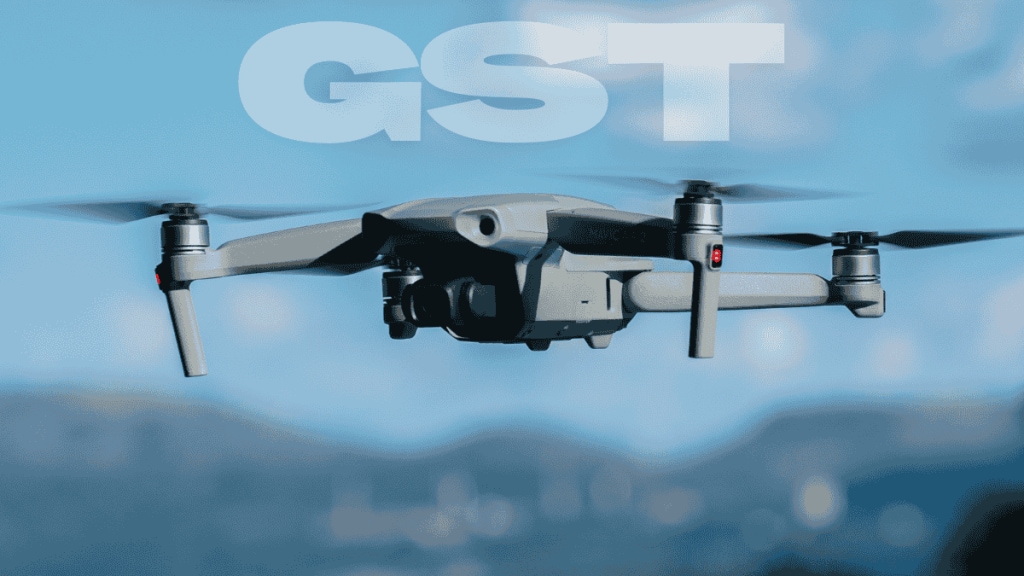The goods and services tax (GST) on drones has been slashed to 5 per cent. Earlier, drones with integrated cameras faced 18 per cent GST, while personal-use drones attracted 28%. Under the new rules announced on Sept 3, all drones will now attract a uniform 5 per cent GST, regardless of their type or purpose. Here is how the move is expected to boost the defence sector.
GST changes to ease indirect tax burden on defence procurement
Brokerages highlight that the recent changes in GST rates will give major cost relief for India’s defence sector.
Nomura highlighted that defence procurement and indigenous manufacturing are highly sensitive to indirect tax structures. “Recent GST rate revisions have significantly lowered the tax incidence on critical equipment, components, and subsystems. High-value imports and critical spares being exempted from IGST will significantly improve budget efficiency.” Nomura noted.
Reduced cost for drones to scale up adoption: Nomura
The government has also exempted GST remote piloted aircraft (RPAs) for military use, ship-launched missiles, larger rockets, and diving rebreathers will now attract lower tax rates. Unmanned aircraft with cameras will also see a significant reduction, with GST cut to just 5 per cent from the earlier 18–28 per cent .
“Reduced cost for surveillance drones used by security forces will help scale up adoption and expand operational capability,” Nomura noted.
The GST exemption for flight simulators and motion simulators is expected to further strengthen India’s drone training ecosystem. Minister for Civil Aviation Ram Mohan Naidu appreciated the move of government and said, “I believe it will encourage the training ecosystem in the country, helping airlines and academies reduce expenditure on training equipment.”
He highlights that move is likely to lower barriers for new pilots and create a pool of better-trained professionals, supporting the long-term growth and operational efficiency of India’s drone industry.
Supports indigenous assembly: Nomura
Nomura highlights that these tax reforms will “support indigenous assembly” and research while lowering reliance on expensive imports, it added.


